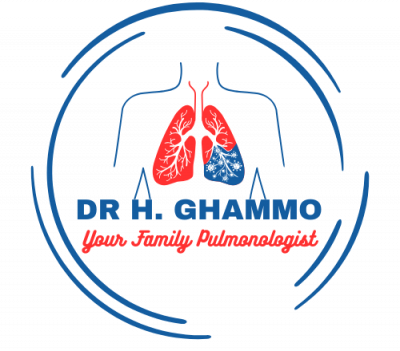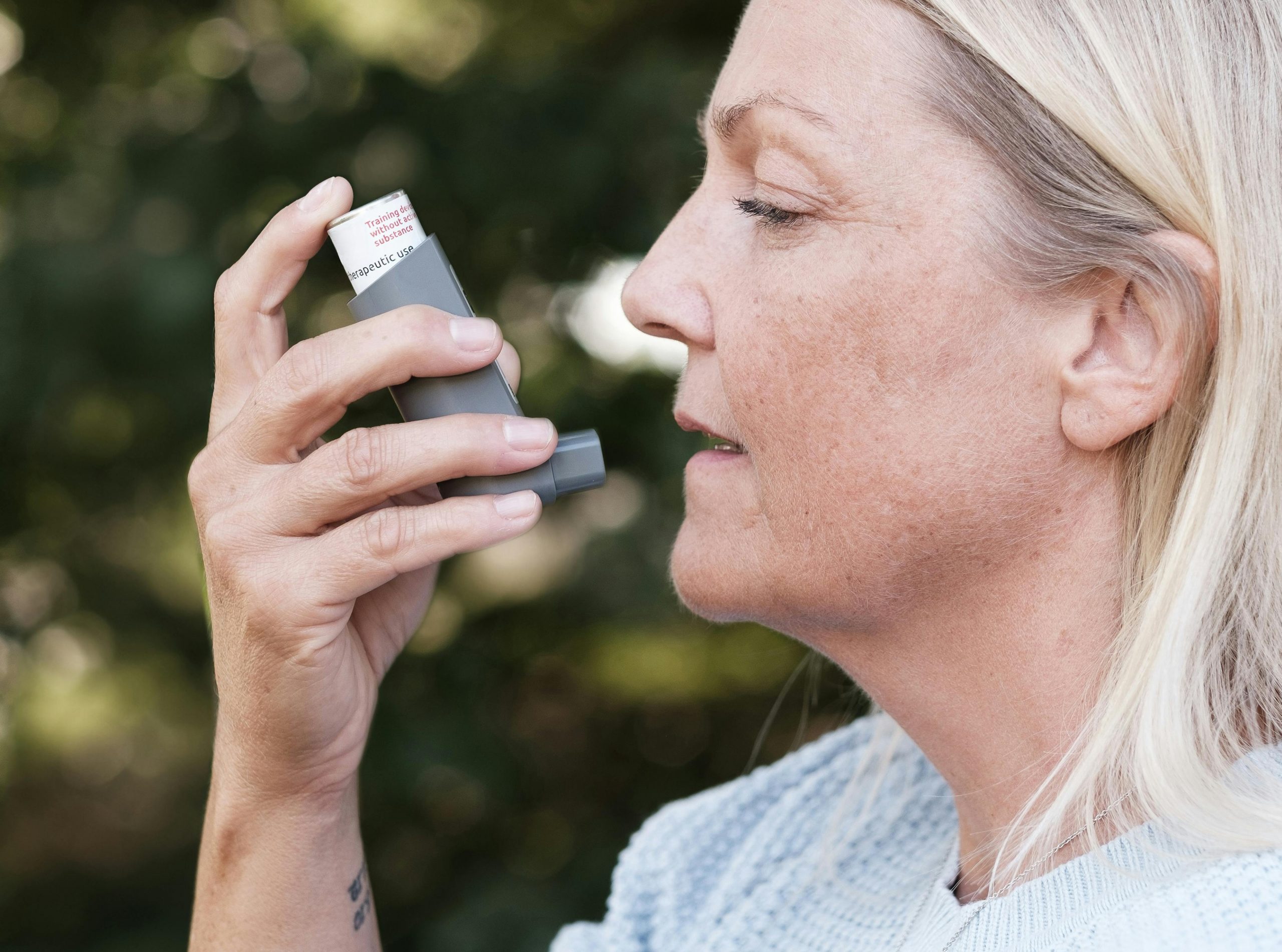
What exactly does a pulmonologist do?
A pulmonologist is a specialist physician who subspecialises in diseases of the respiratory system. This includes the upper airway (nose, throat), lower airway (trachea, bronchi and lung parenchyma), pulmonary blood vessels and the respiratory muscles.
Pulmonologists are also known as chest physicians, lung doctors or respiratory physicians. They have extensive training in diagnosing and treating lung-related diseases.
How long did you study to become a pulmonologist?
In South Africa, to become a general practitioner (GP) requires six years of studying and three practical years (two years of internship and one year of community service). Thereafter one can either work as a GP or apply to train as a specialist. There is often a waiting period before a training position becomes available.
To become a pulmonologist, one must first specialise in Internal Medicine and pass the specialist physician exams. This process takes at least four years. Thereafter the Pulmonology subspecialist training can start. This takes another two years.
At a minimum becoming a subspecialist pulmonologist takes 6 + 3 + 4 + 2 = 15 years. However, with a year wait in between the specialities, this comes to 17 years.
What is the difference between a pulmonologist and a cardiologist?
In essence the difference lies in the area of speciality. A cardiologist is a subspecialist of the heart, and a pulmonologist of the lungs and respiratory system. These systems are intricately linked and often affect each other. Some chronic lung diseases can negatively impact the heart, requiring cardiac investigations and possibly referral to a cardiologist.
When would someone need a pulmonologist?
If your GP feels you need further assessment and treatment, they will refer you to a suitable specialist. If you suffer from any of these persistent respiratory symptoms, you might benefit from a specialist pulmonology consultation:
- Wheezing
- Chronic cough
- Chest tightness or pain
- Difficulty breathing, especially during exercise
- Dizziness or fainting
- Recurrent chest infections
- Sleep apnoea symptoms like snoring or extreme tiredness
Do you charge medical aid rates?
By way of legislation, there no longer exists published “medical aid rates”. Each medical aid scheme is now permitted to reimburse its members at its own predetermined rates.
Considering the vast number of existing medical aid schemes, each with its own plans and options, we are not always able to determine the details of your reimbursement.
Our practice rates are available upon request or booking. Depending on the duration and complexity of the consultation this fee might vary. Additional pulmonary function tests or bedside investigations are billed separately. Outpatient consultations are payable on the day of the visit via credit/debit card, EFT or SnapScan. This can then be claimed back from your medical aid.
What tests will I need to do?
The first step to treating any respiratory condition is making an accurate diagnosis. In order to diagnose you correctly, after a thorough clinical examination Dr Gammo might request procedures such as bloodwork, radiology (chest X-rays or CT scans), lung function testing, bronchoscopy or cardiac tests (ECG or echocardiogram). You might need to repeat these tests even if you had done them previously. Disease progression is monitored by comparing results from serial tests.
How can I book an appointment? Do I need to be referred by a GP?
You do not necessarily need a referral. If you suffer from a pulmonary condition or have symptoms as outlined above, you are welcome to book an appointment with us directly. This can be done via telephone, email or via the Contact page.


